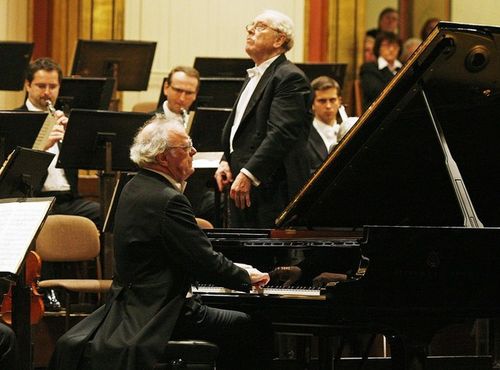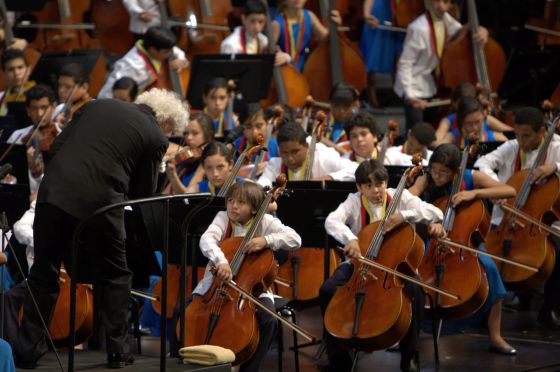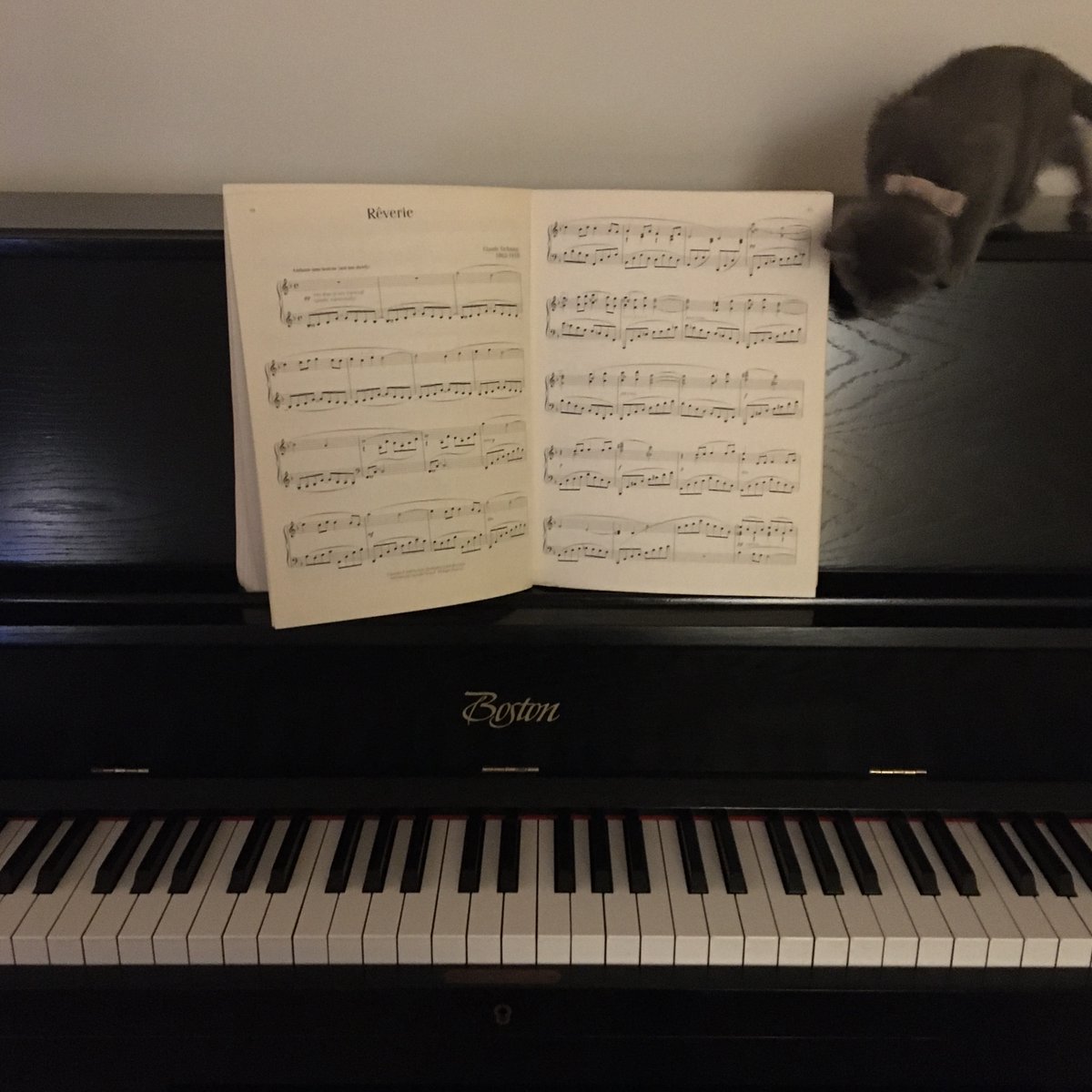
"Music, Sense and Nonsense: Collected Essays and Lectures", por Alfred Brendel.
Capítulo: “Performances, programmes, recording - From ‘Analysis’ to ‘Zubiaurre’”
open.spotify.com/playlist/3M9qu…
Capítulo: “Performances, programmes, recording - From ‘Analysis’ to ‘Zubiaurre’”
open.spotify.com/playlist/3M9qu…
En este capítulo, Alfred Brendel hace una reseña de “The New Grove Dictionary of Music and Musicians”, publicado en 1980 y que a la fecha es considerada una de las mejores obras referenciales en la materia. 
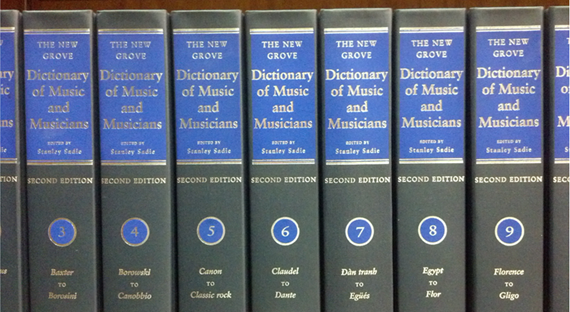
Brendel recuerda que cuando tenía 13 años leyó completamente el “Musiklexikon”, obra de Hermann Albert de 1927, la cual considera “la base de su modesta erudición musical”, ideal para la introducción a los términos y materias musicales. 



Brendel siguió disfrutando de leer diccionarios. Para él, el diccionario de música más entretenido es el de Julius Schuberth, “Musikalisches Handbuch”, de 1860, en el que se decía que Johann Christian Bach sólo escribía música para poder llevar una vida frívola y disoluta. 
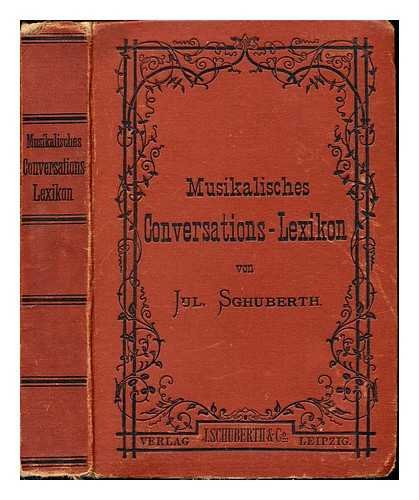
Hasta los 1930s, los diccionarios de música parecían ser la obra de un solo hombre. En cambio, Sir George Grove, que no era un musicólogo profesional ni historiador de música, creó una obra colectiva cuya primera edición de 1879-1889 apareció en cuatro volúmenes. 

La obra de Grove ha continuado creciendo. Los 20 volúmenes del “New Grove” le recuerdan a Brendel el cuento “La biblioteca de Babel” de Jorge Luis Borges, en el cual todo el universo estaba contenido en una vasta biblioteca. 

“Its army of contributors would fill Trafalgar Square, yet I conceive the editor, Stanley Sadie, less as a field marshal than as a supervisor, coordinator, computer engineer and talent scout”. 

Brendel considera al “New Grove” como una gran herramienta de investigación, y reflexiona sobre cómo ha cambiado su mente musical desde que era un adolescente: “While my curiosity and eagerness to learn have hardly diminished, I do find myself a great deal more critical… 

…and sceptical, in the face of such magnificent mountain of information, and such a diverse conglomeration of stye and opinion (…) Similarly, it has know become a matter of choice and priorities where I should inform myself, and where stay ignorant”. 

Donde la curiosidad de Brendel sigue siendo insaciable, es en el area del proceso creativo. Para él, leer la voz “Analysis” fue muy gratificante: “By describing several approaches towards analysis, Mr. Bent made me realise even more clearly how relative their merits are”. 
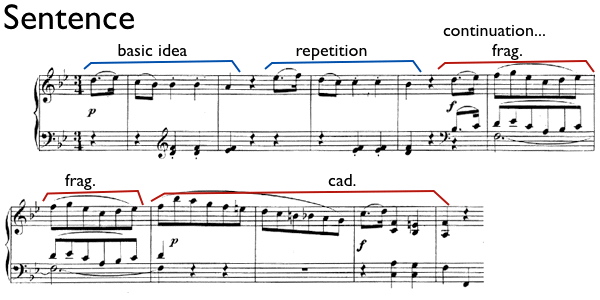
La extensión de la voz “Analysis” indica cuánto han cambiado los diccionarios musicales. En el de Albert ni siquiera estaba incluida. Sin embargo, a Brendel le gustaría ver incluidos los términos “humor”, ingenio” e “ironía” discutidos como temas de importancia musical. 

Brendel encuentra progreso en la apreciación de Schoenberg (“perhaps no other composer of the time has so mucho to offer”) y de Furtwängler (“in his splendid piece, David Cairns makes up for much of the scorn which has been poured upon the great conductor in England”). 

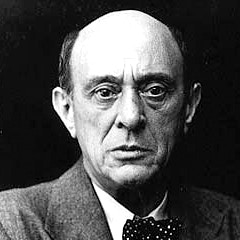

Brendel concluye el capítulo calificando al "New Grove" así: “This is a library, a source of stimulation, a sparring partner, a mirror to live with. Offering the sublime and the hilarious, it reflects the (musical) word not as it could or should be, but as it is.” Buenas noches. 

@threadreaderapp unroll
• • •
Missing some Tweet in this thread? You can try to
force a refresh

